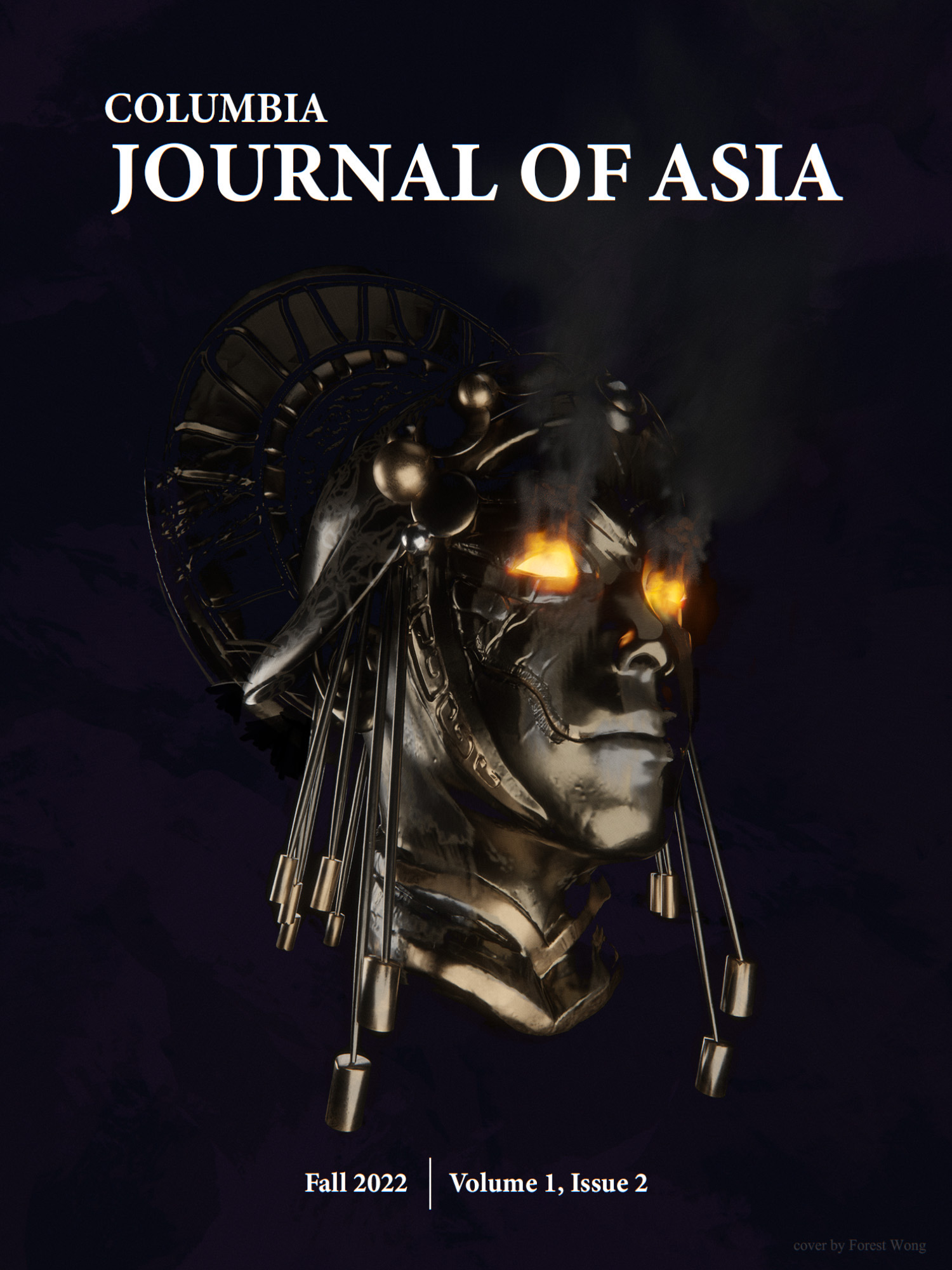Abstract
In this article, I discuss three case studies concerning the reverberations of regime change in East Asia, principally pivoting around relevant religious practices in Vietnam, China and South Korea. Such reverberations are insolubly bound up with the socialist traditions of the three states, especially those pertaining to the status of the first socialist leaders. Furthermore, my analysis revolves around the haunting presence of those socialist leaders in East Asia, not only in state acts but also in popular practices. Grasping the political through the stained glass of the religious, I attempt to revise and supplement a predominantly western definition of secularization, namely the state-“church” relationship, while elucidating on the internal contradictions of the socialist states’ constantly varying attitude on religion.

